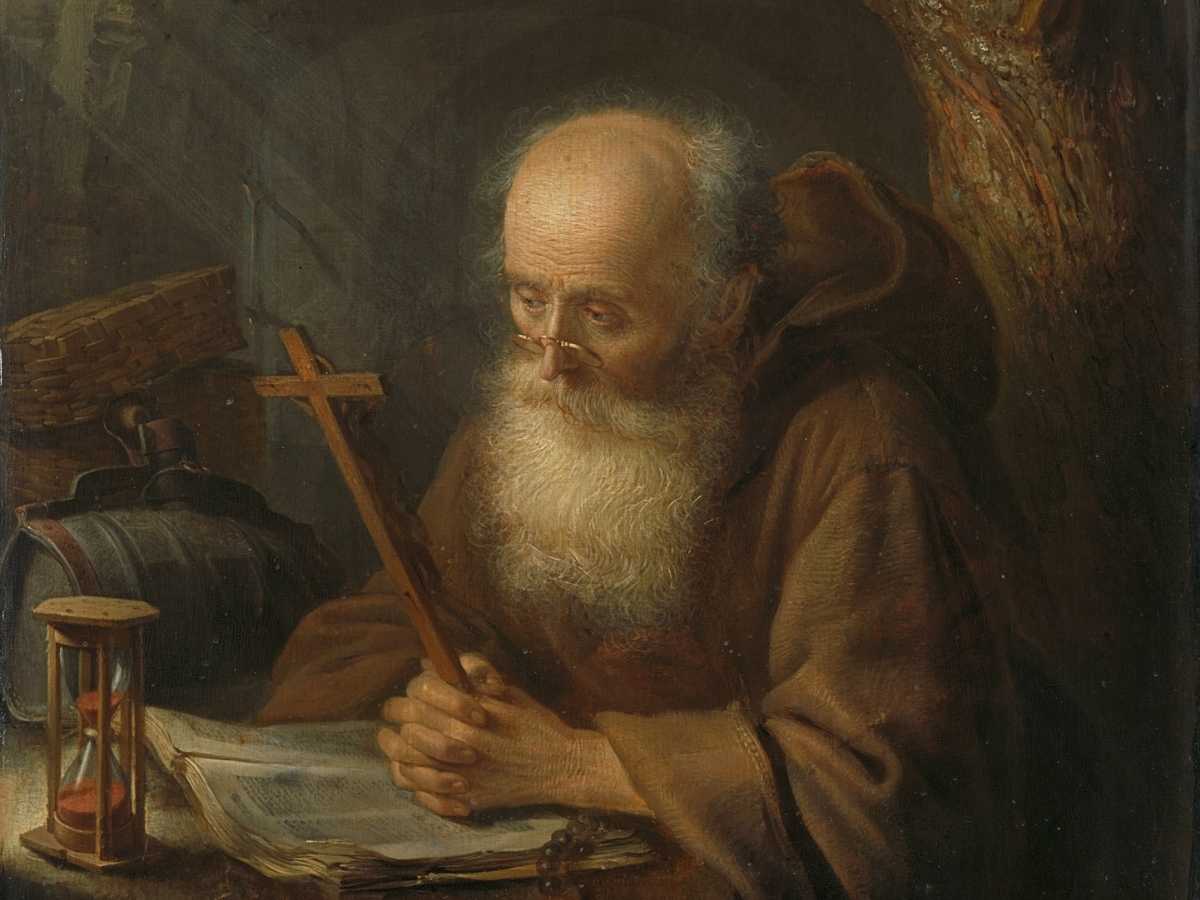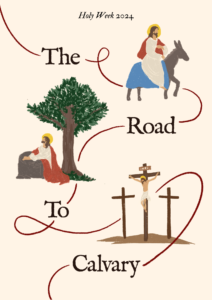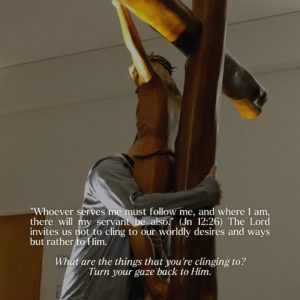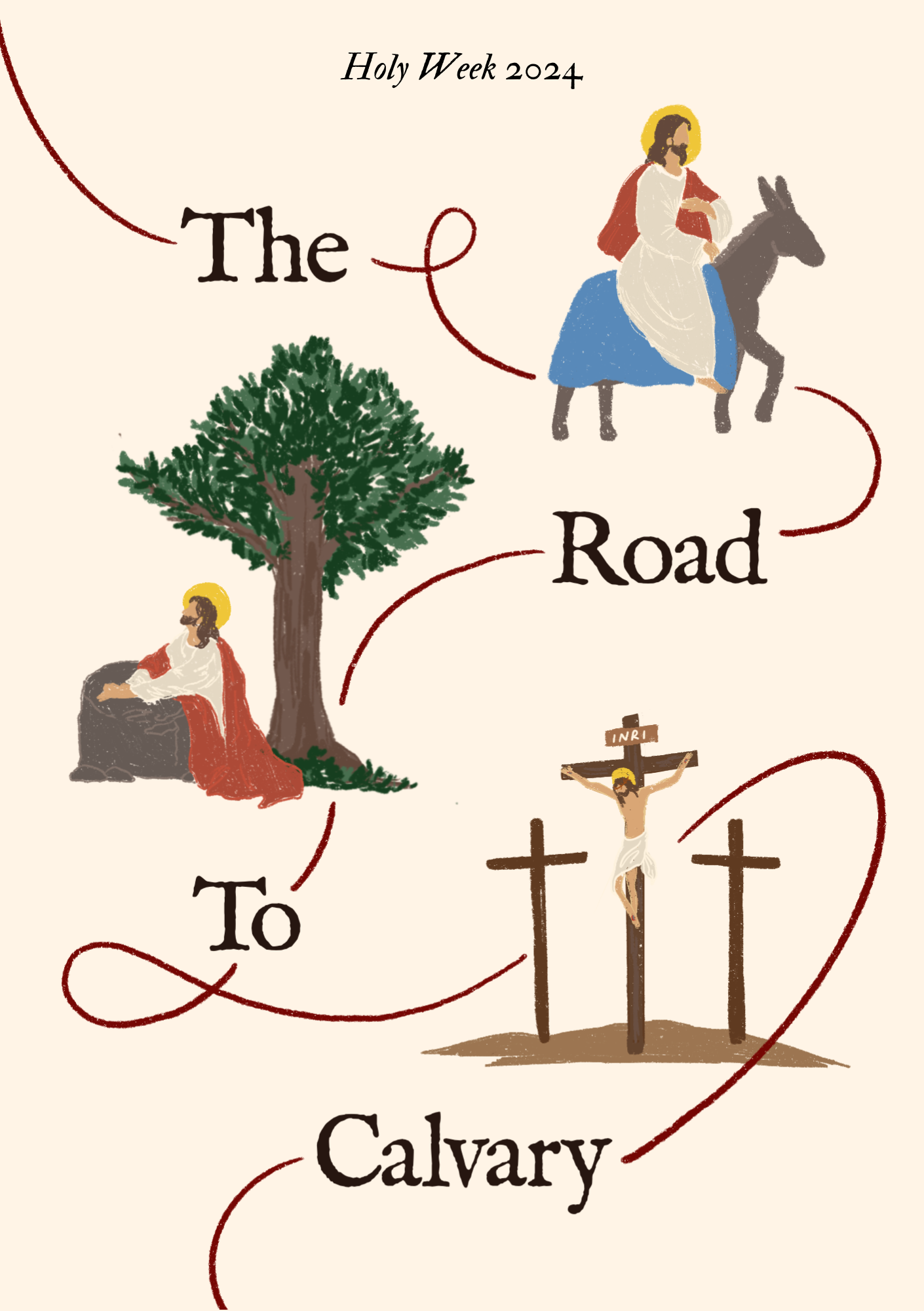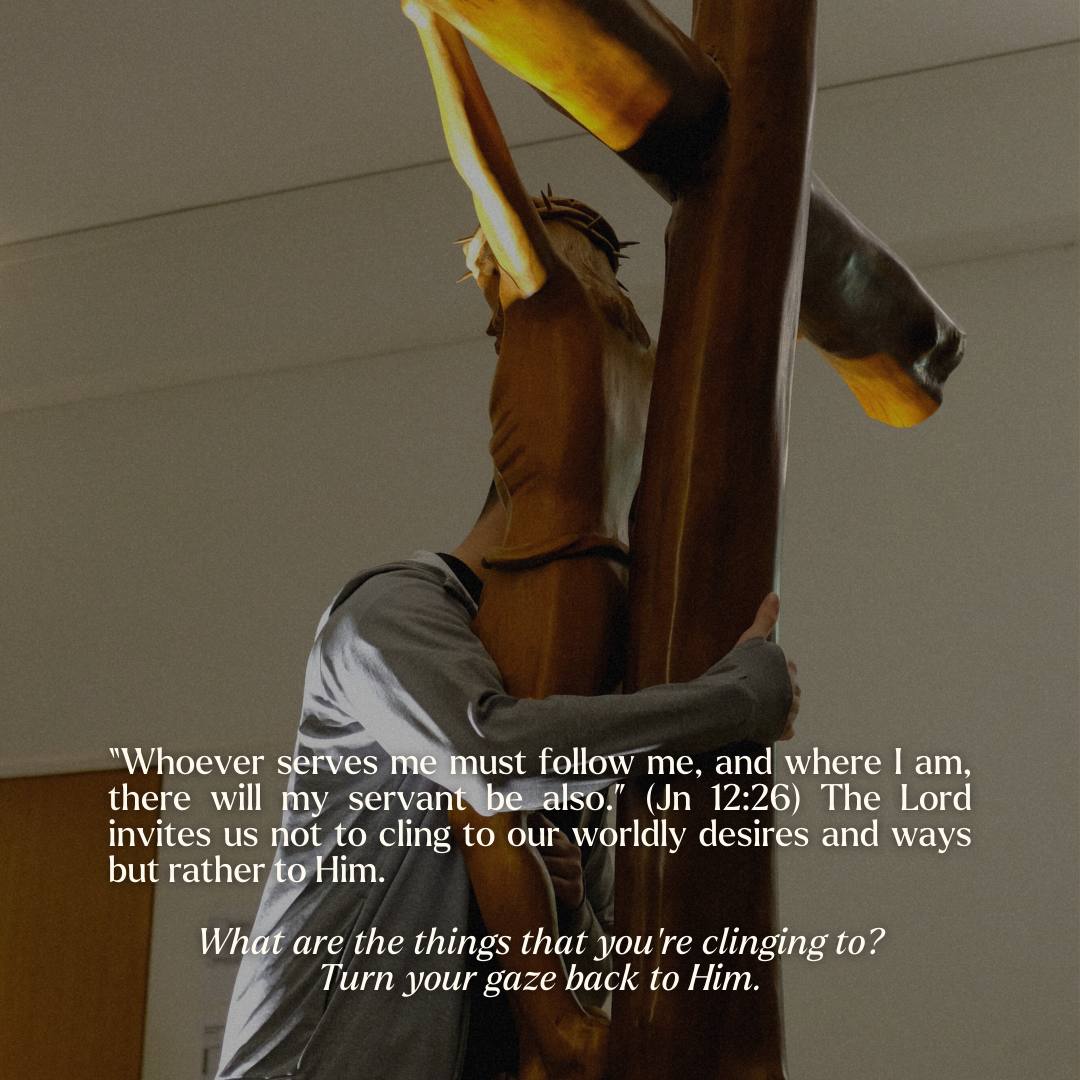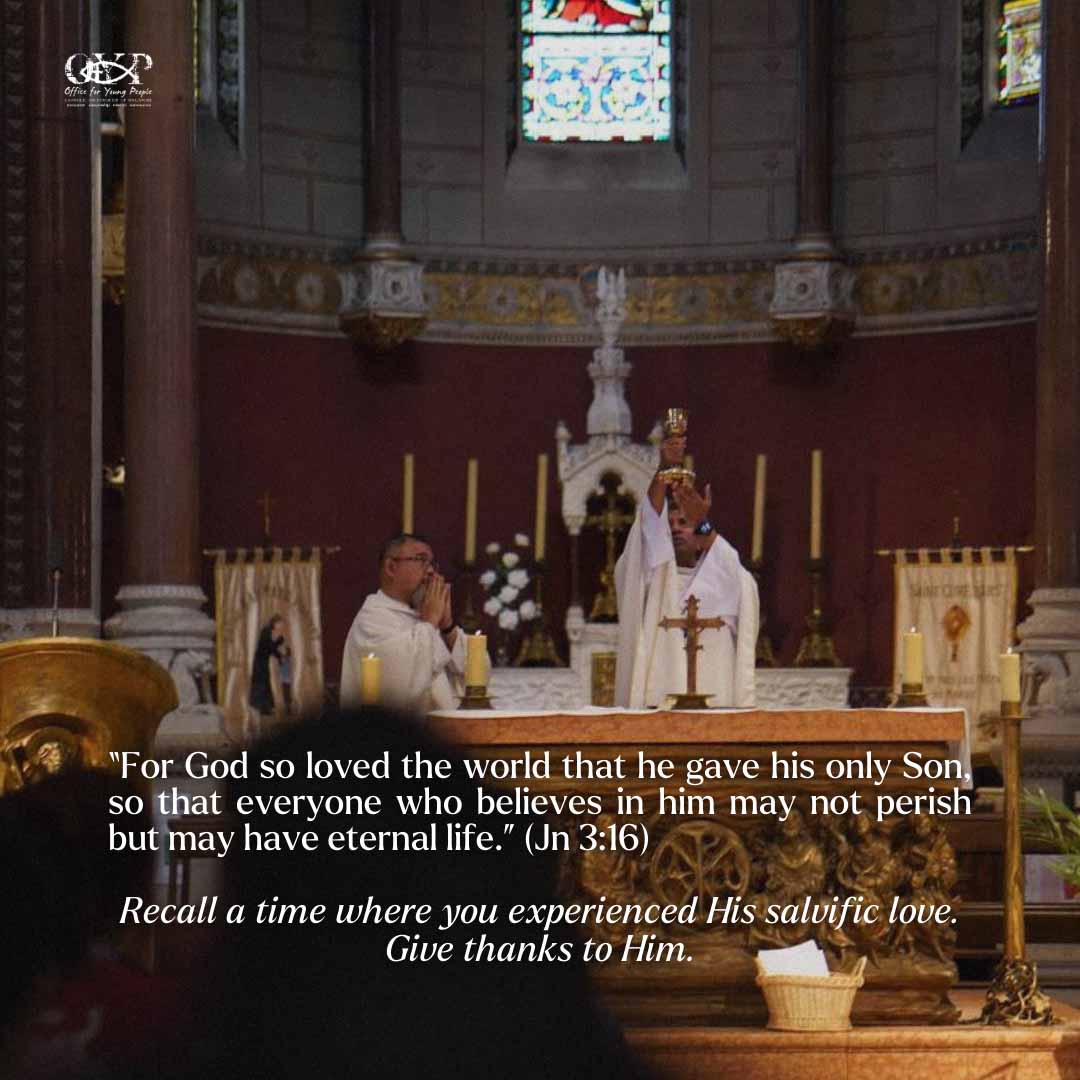By Brandon Tan & Joshua Lowe
Why do Catholics pray to the Saints?
We ask our friends and family on earth to pray for us and keep us in their prayers. We all belong to the Christian family that is on our way to heaven. The Saints, and all those who have gone before us belong to this eternal fraternity too! So we ask the Saints in heaven to pray for us – they are our (heavenly) friends and family!!! The Saints are already in heaven, so they are the closest people to God. They are the examples of the ‘been there, done that’ in our faith, and especially with regards to prayer. So in asking them to pray for us, we’re asking ‘people’ who know better than us, and can do it better than us, to petition to God on our behalf. We see several instances in the Old and New Testament, of people asking for the intercession of others, both dead and alive. Jesus is the only mediator between us and the Father, and if we don’t go to Jesus enough, we should start! But Jesus has also enlisted an army of co-workers to work WITH Christ to mediate for each other! I think most of us do agree with this, that it is ok to ask our friends to pray for us.
Are statues, patronage or artefacts of the Saints idolatrous?
People start to have problems when Catholics give Saints titles and honors, things to take care of (patron saints), and ask for the intercession of saints (why can’t we go to Jesus ourselves?). Or they have other questions such as ‘why do we have statues/artefacts of saints? Isn’t that idolatry?’
These misconceptions come about because of culture, beliefs, habits, and misunderstandings that sometimes Catholics are guilty of practicing. People who see it without context or proper knowledge would interpret what we do as worship of Mary and the Saints.
Historically, places were named in accordance to which martyr died there. We name places and things after these holy men and women as a way of honoring their memory, and what God has done through their lives. Beyond honoring them, we also make them patrons – special guardians, protectors or supporters of specific places, occupations or even calamities. Remembering that they are praying for us in heaven, we believe that their closeness to a particular cause allows them to empathise with us and petition to God on our behalf.
The Catholic Church also has a tradition of keeping artefacts of Saints – bones, flesh, hair, teeth, clothing or other personal items. These are known as relics. Once again, these are not worshipped or adored, but venerated (greatly respected/revered). In scripture, God works through physical items – the corpse of a man who touched the bones of Elisha came back to life (2 Kings 13:20-21); the hemorrhaging woman was healed after touching Jesus’ clothes (Matt 9:20-22); when people touched the personal items belonging to the apostles, they were cured of their illnesses (Acts 5:12-15, 19:11-12). The power to heal comes from God alone, but worked through these physical items. Relics are also ways for the faithful to meet the Saints intimately in prayer through their physical presence.
All these – devotions and venerations to Mary and the Saints – is to allow us to worship God and point us towards his glory! And again, we can go to Jesus ourselves, just that going there with the help of others makes this journey to heaven so much more meaningful.

